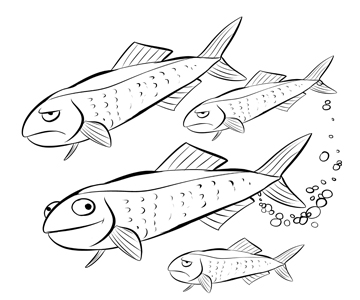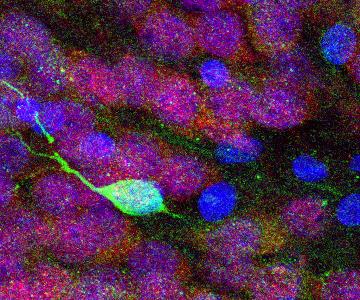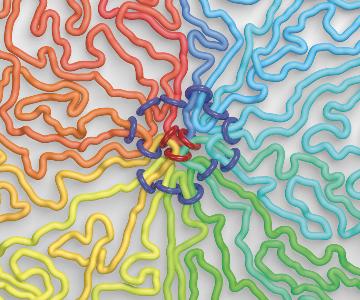Magazine
May-June 2018

May-June 2018
Volume: 106 Number: 3
The idea that addiction is a brain disease had become prominent among neuroscientists by the 1990s. However, despite decades of research, the theory lacks evidence to support it, contend Marc Grifell and Carl L. Hart in “Is Drug Addiction a Brain Disease?” Although drug use both influences and is influenced by the brain, substance abuse is not a brain disease that responds to pharmaceutical treatments in the ways that, for example, Huntington’s or Parkinson’s diseases are. This myopic approach, they assert, which is based on intuition and political necessity more than on clinical results, overlooks socioeconomic and societal factors in research, clinical practice, and policy, despite their obvious importance. This paradigm also contributes to a misguided focus on punitive law enforcement strategies and on treating an individual’s brain. (Cover illustration by Boris Séméniako / www.borissemeniako.fr.)
In This Issue
- Art
- Biology
- Chemistry
- Communications
- Economics
- Engineering
- Environment
- Ethics
- Evolution
- Medicine
- Physics
- Policy
- Psychology
- Technology
The Shape of Life
Sophia Roosth
Biology Evolution
The ancient Earth was profoundly alien. How do we distinguish between the living and the nonliving in the fossil record?
Mass-Producing Graphene
Les Johnson, Joseph E. Meany
Engineering Technology
It may be easy to isolate little flakes of this one-atom-thick carbon material, but it’s surprisingly difficult to produce large sheets for commercial use.
Scientists' Nightstand

Cool Customers
Dianne Timblin
Engineering Technology Review Scientists Nightstand
Automated refrigeration took centuries to develop—and even then, consumers weren't quite ready for it.

Life's a Gas
Katie L. Burke
Biology Anatomy Review Scientists Nightstand
Beyond its hilarity, flatulence reveals much about evolution and physiology.

The Evolution of the Nursing Home
Muriel R. Gillick
Anthropology Economics Medicine Policy Excerpt Scientists Nightstand
The nature of long-term nursing care in the United States has as much to do with policy and the culture of medicine as it does medicine itself.










